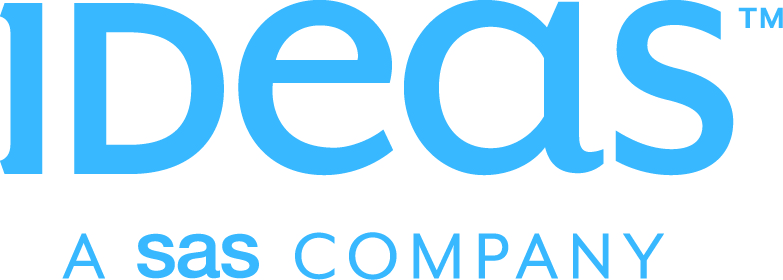3 Considerations to Rev Up Your Car Park Pricing
Posted 12 December 2018, Australia
Article Written by: IDeaS
Many parking operations manage revenue, pricing and forecasting by relying heavily on spreadsheets and reports. At a time when online reservations and multiple sales channels have become almost standard in the industry, potential customers are shopping car park availability and prices directly from their smartphones and tablets—and it’s clear that spreadsheets are no longer enough.
With many technology systems feeding into a car park’s operations such as wayfinding, number plate recognition, bay sensors, business intelligence, revenue management, parking management and reservation systems, simply consolidating all these elements for reporting purposes is a challenge. This is all without considering the market relevant data needed to sustain an optimal revenue strategy such as online analytics and local competition. In fact, most parking operators today are faced with the real problem of figuring out what information is relevant to buying behavior and what they should be incorporating into their pricing strategy.
An important data source that car parks should consider in their revenue strategy is their competitive set. Who is the competition, what are they selling and at what price? This has become a necessity for any operator with competition developing an intelligent pricing strategy.
How are car parks collecting and utilising competitive intelligence? Some car park operators regularly view their competitors’ sign boards or websites for current rates. They will record this information into a spreadsheet or note competition only on a less-structured ad-hoc basis when a special promotion or event increases the competitive situation.
Many car park operators choose to play the “follow the leader” pricing game, causing them to lose out on critical revenue, especially if the competitor responds by lowering rates, which only further causes everyone to lose out.
An important factor in determining competitive landscape is using technology to understand competitor prices. By incorporating a tool that can track and compare competitor prices to their own, a car park operator can make strategic moves based on true market intelligence. A car park’s ideal pricing is one that can incorporate their competitive market intelligence for a well-balanced and comprehensive pricing strategy.
When it comes to working with your technology and competitive pricing intelligence, here are three questions to help your car park elevate its ideal pricing strategy:
How is your car park affected by competitive pricing?
Price is important in determining car park demand—and it serves an essential role in a car park’s revenue strategy. Specifically, how your
car park is impacted by your competitors’ pricing strategies. A competitor’s price can influence your car park demand directly or indirectly.
For example, changes to a competitor’s price may indicate an intent to steal market share from your business, which could directly impact your demand as potential customers shop for the lowest rates. From the customer’s perspective, a competitor’s price can influence perceptions of the fair market price. A customer might purchase from you if they expect the competitor price to be higher, but might pass on your car park if they expect the available rates from competitors to be lower. In this type of context, competitor price could be an important factor in the reference price for your location.
How much should competitors influence your car park's pricing?
While your competitors’ pricing and the competitive position of your car park is important, your competitors’ pricing strategies are often driven by factors that shouldn’t influence your car park. If your strategy is to follow the leader, not only are you letting your competitor price your car park, but you might be following strategies that don’t apply to your car park’s demand-price situation.
Think about a competing car park that isn’t as attentive to its revenue management or pricing practices as you are. If they set prices too low, they might sell their entire inventory out too early—missing higher-priced bookings later. If that competitor leads your pricing decisions, you end up doing the same thing…sacrificing revenue as a result.
While your demand is affected by competitor pricing, it is also dependent on other factors such as time of year, day of week, etc. In the end, commercial revenue managers should still evaluate demand versus available capacity. The presence of competitive pricing information reiterates that demand is affected by price, with the availability of competitive pricing reminding us that relative pricing has an important impact on demand.
How does your revenue management system use competitive data?
When revenue management or reservation systems use competitive price intelligence, they often use the information incorrectly—in the same way that it would be used manually—by restricting available rate choices rather than analysing the impact of competitive pricing on demand.
The best revenue management systems can analyse data at a level of complexity that commercial managers can’t do alone. Revenue management and price optimisation analytics can help you understand how customers react, not only to your pricing, but to how your prices are positioned in the market. A revenue management system can benefit from competitive price information by estimating the effect of your price on your demand and making adjustments based on your price position relative to your competition. Today’s advanced technology helps commercial managers stop pushing buttons and spend more time strategising long-term growth and measuring results.


